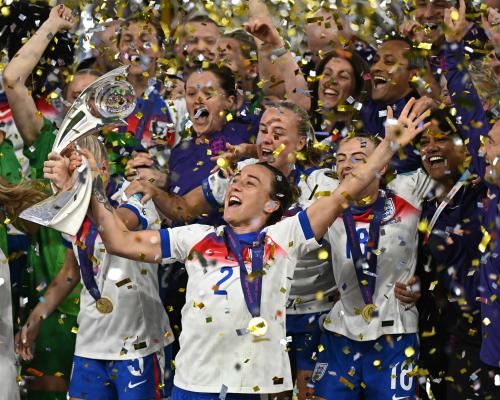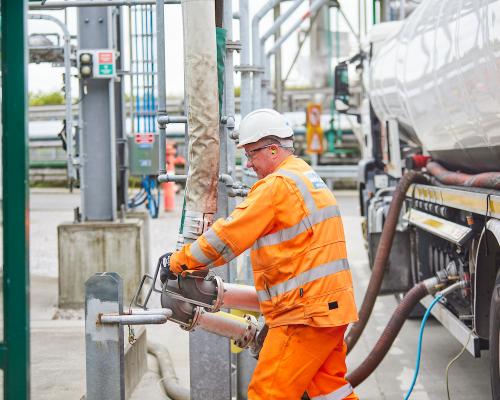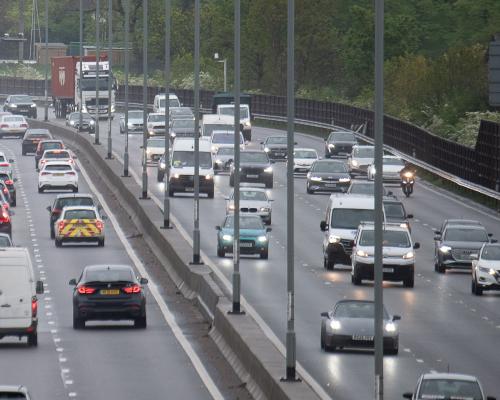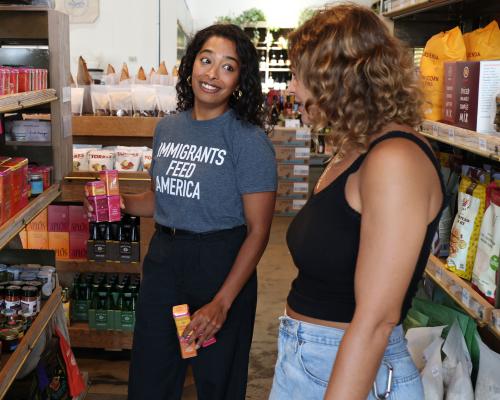
Warmer weather and a series of sporting events lifted retail sales last month but retailers said the return to growth “barely touched the sides” and warned that mooted higher taxes would lead to shop closures and job losses.
Retail sales rose by 2.5% year on year in July as consumers rushed to buy food during England’s successful Euros football campaign and the British & Irish Lions rugby tour of Australia.
The warm weather encouraged shoppers to spend on clothes, while homeware and indoor furniture sales grew steadily, recovering from the previous year’s decline, according to British Retail Consortium-KPMG data.
The BRC report said Britain’s fifth-warmest July on record played a significant role in the resurgence, bolstering home appliance and food and drink sales. In June it reported an annualised growth rate of just 0.5%.
A separate survey by Barclaycard found consumers were more inclined to spend on discretionary items, crediting the general release of tickets for Lewis Capaldi’s 2025 tour for helping to lift the amount spent on live shows and concerts by 9.3% in July.
A report this week by the market research company Circana suggested adults’ spending on toys had been a fillip for retailers. It found that UK toy sales had risen 8% so far this year, after a fall of almost 4% in 2024.
Barclaycard said consumer card spending grew 1.4% year on year in July, compared with a decline of 0.1% in June. Discretionary spending jumped by 2.4% but essential spending declined 0.7%.
Consumers appeared to still be confident in their own finances, matching previous months, but a gap has opened up with perceptions of the wider economy, the credit card provider said.
Confidence in the strength of the UK economy fell three points month on month to 22%, the lowest level since January (21%), having climbed in May to 28%, Barclaycard said.
Meanwhile, consumers remained confident they could balance their personal finances. This measure held firm at 75%, just one point below the 76% recorded in June. Confidence in household finances stabilised at 72%, down marginally from 73% in June, which was a four-month high.
The average worker in the UK has benefited from more than two years of inflation-busting wage rises, increasing disposable incomes. Most households have built up higher levels of savings during that time, fearing that a decline in the economic outlook will result in higher redundancy levels and lower pay growth.
The BRC said tax rises and pay increases from the higher national minimum wage worth £7bn would continue to weigh heavily on employers, and warned jobs could go if the chancellor, Rachel Reeves, adds further costs to retailers by raising taxes in the autumn as anticipated.
The chief executive of the BRC, Helen Dickinson, said the 2.5% increase in retail sales was higher than the 12-month average growth of 1.9%, but food inflation meant most consumers were buying the same amount, just at higher prices.
“With sales growth at these levels, it is barely touching the sides of covering the new costs imposed on retailers at the last budget,” she said. “If the upcoming autumn budget sees more taxes levied on retailers’ shoulders, many will be forced to make difficult choices about the future of shops and jobs, and ongoing pressure would push prices higher.
“Ultimately, this means more families struggling, particularly those on lower incomes, reduced consumer spending and a drag on economic growth.”
Barclaycard said consumers were using artificial intelligence to manage their personal finances. It said 35% of UK adults had used AI to help them plan, budget or analyse their spending, rising to 69% among gen Z consumers.
Linda Ellett, a spokesperson for KPMG, said a jump in the spend on discretionary items only made up for some of the hit to household spending power after inflation rose to 3.6% in June.
“With employment costs having risen and inflation both a business and consumer side pressure, it remains a challenging trading environment for many retailers,” she said.







